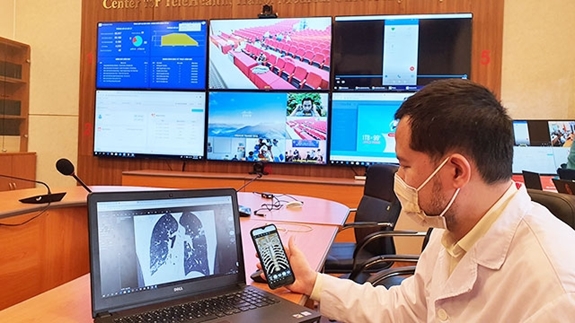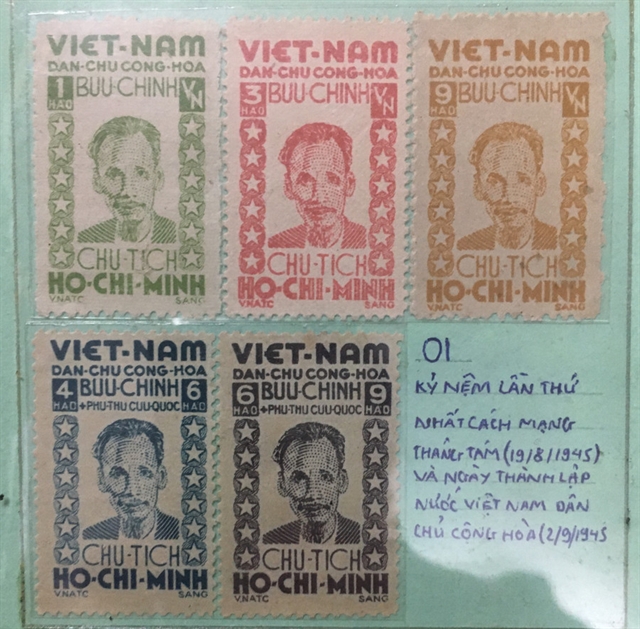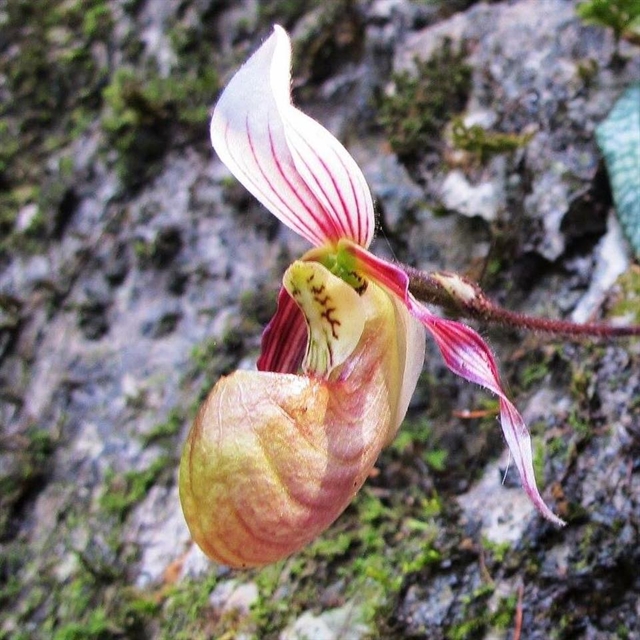

Turkish President Recep Tayyip Erdogan on Thursday hosts over 30 heads of state and government from Islamic countries in Istanbul for a major summit aimed at overcoming differences in the Muslim world.
ISTANBUL — Turkish President Recep Tayyip Erdogan on Thursday hosts over 30 heads of state and government from Islamic countries in Istanbul for a major summit aimed at overcoming differences in the Muslim world.
Turkey will seek to showcase its influence in the Muslim world, particularly in lands once controlled by the Ottoman Empire, at the two-day summit of the Organisation of Islamic Cooperation (OIC).
Ankara has said it wants to use the meeting to narrow differences between the world’s estimated 1.7 billion Muslims but the gathering risks being bedevilled by disputes on issues ranging from Syria to Yemen.
There is a security lockdown around the summit venue in Istanbul, the former capital of the Ottoman Empire from where the Sultans for centuries ruled Muslims from the Balkans to Arabia.
Key guests at the meeting will include Saudi King Salman and Iranian President Hassan Rouhani, whose countries are locked on opposing sides in the Syria and Yemen conflicts.
But Turkey’s own policies in the Middle East have been controversial, with several Muslim states objecting to the backing by its Islamic-rooted government of rebels in Syria.
While the summit marks one of the most significant gatherings of heads of state for years in Istanbul, some high profile leaders like Jordan’s King Abdullah and Egyptian President Abdel Fattah al-Sisi will be notable by their absence.
Turkey’s relations with Cairo have still not recovered from the 2013 ousting of Islamist president Mohamed Morsi, a close ally of Ankara, while ties with Amman are being tested by differences over Syria.
Turkish Foreign Minister Mevlut Cavusoglu said the summit was being held at a time when "the Islamic world is experiencing many disputes within itself."
"Fratricidal conflict causes great pain. Sectarianism divides the ummah," he told OIC foreign ministers on Tuesday, using the Arabic world for the Muslim community.
"Hopefully, this summit will pave the way for healing some wounds." — AFP





 Cusson Leung, Chief Investment Officer at KGI; James Chu, Chairman at KGI Securities Investment Advisory; James Wey, Head of International Wealth Management at KGI; Kenny Wen, Head of Investment Strategy at KGI)


, Nicholas Bongsosartono (President Director, DHL Global Forwarding Indonesia), Matthias Gehrsitz (Managing Director, DHL Supply Chain Indonesia))
